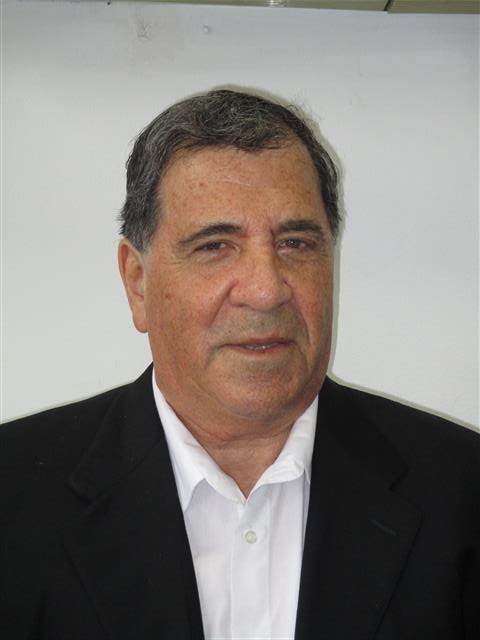Fight against Terrorism by trial
Terrorism plagues many countries. Countries, such as Israel, have suffered from terrorism for a long time. Democratic nations should conduct the struggle against terrorism with a proper balance between two conflicting values and principles. Human rights are not a stage for national destruction. Judges of the International Criminal Court (ICC) consist of 18 judges of the Court. To our opinion, the level of effectiveness, decency and justice of the International Court in its rulings is not clear, since it is unlikely that a professional judge without pubic representatives or suitable jurors will issue maximal justice. How can we explain the fact that public representatives/jurors do not serve in the International Court that passes on criminal aspects? The jury trial was reintroduced in Russia in 1993, and extended to another 69 regions in 2003. In the USA (2015), a jury dealt with a claim of terrorism victims against the Palestinian Authority, due to execution of terrorist attacks in Israel. In japan on may 28, 2004, the National Diet passed a law requiring selected citizens to participate as judges (and not juries) in trials for certain severe crimes. The Saipan in system was implemented in May 2009. Germany for example, has a mixed court system: lay assessors and professional judges form part of the panel of judges. They hear the cases and together they decide on all procedural matters that arise during the main hearing. Unlike a jury system, where laymen are selected from a cross-section of society, Swedish lay judges differentiate themselves with regards to age, gender, profession and income from the rest of the population. A poll in 2011 by Swedish state television revealed that 60% of the professional judges have no confidence in the lay judge system In Norway, in the district courts of Norway, lay judges sit alongside professional judges in mixed courts in most cases. Lay judges also serve during criminal cases in the appellate courts. If the crime carries a maximum sentence of six years imprisonment or more, the lay judges are replaced with a jury. Main Findings of an earlier statistical survey on an existing situation in the field of public representatives in Israel are: A sweeping tendency was found by rate of 77% that justice can come to light in trials with public representatives, It was found to a level of 56% that participation of public representatives in trials socially reflects the "common sense" to a greater extent, than a trial with a professional judge alone,71% of the respondents claim that from little extent to completely, that it will not be easy to
public representatives to judge other people, in a criminal court and that it will be hard for them to judge whether a person is guilty or not guilty.
Our recommendations in current article is to pass by legislation an application of a substantial change (structural and administrative) in general, in the role of public representatives ( lay judges) or jurors in courts of law. International courts and tribunals should be saved for judges and the public representatives should be specialized in achieving the goals of Law, as reflectors of the atmosphere in society and social justice from the aspect of "reasonable justice" rather than the Law. Therefore, our unambiguous recommendation is to train public representatives to appear as judges for every matter also in criminal aspects of international courts and also in state courts and particularly in the anti-terrorism trials as it happens in non-democratic states like Russia and China and in democratic European countries and the USA. The pubic representatives or the jury should be free than a judge from Evidence Law and different precedents that encumber a proceeding, and to represent more moral aspect in the direction of justice rather than the Law. Human rights are not a stage for national destruction; they cannot justify undermining national security in every case and in all circumstances. Current article should turn on a red flashing light in towards Law Authorities in Israel and in the world, as they sit before judging defendants in terrorism attacks.
The Epilogue . In the Global Terrorism Strategy and Plan of Action, States must make every effort to develop and maintain an effective and rule of law-based of national criminal justice system that can ensure, in planning, or perpetration of terrorist acts or in support of terrorist acts is brought to justice, on the basis of the principle to extradite or prosecute, with due respect for human rights and fundamental freedoms after terrorist suspect has arrested, charged, detained and prosecuted. Guaranteeing due process rights, including for individuals suspected of terrorist activity, is critical for ensuring that anti-terrorism measures are effective, respect the rule of law and are seen to be fair. On the other hand, Human rights are not a stage for national destruction.they cannot justify undermining national security in every case and in all circumstances. Similarly,a constitution is not a prescription for national suicide. But on the other hand, we must not consider the values and principles relating to human dignity and freedom
יעקב רוב





